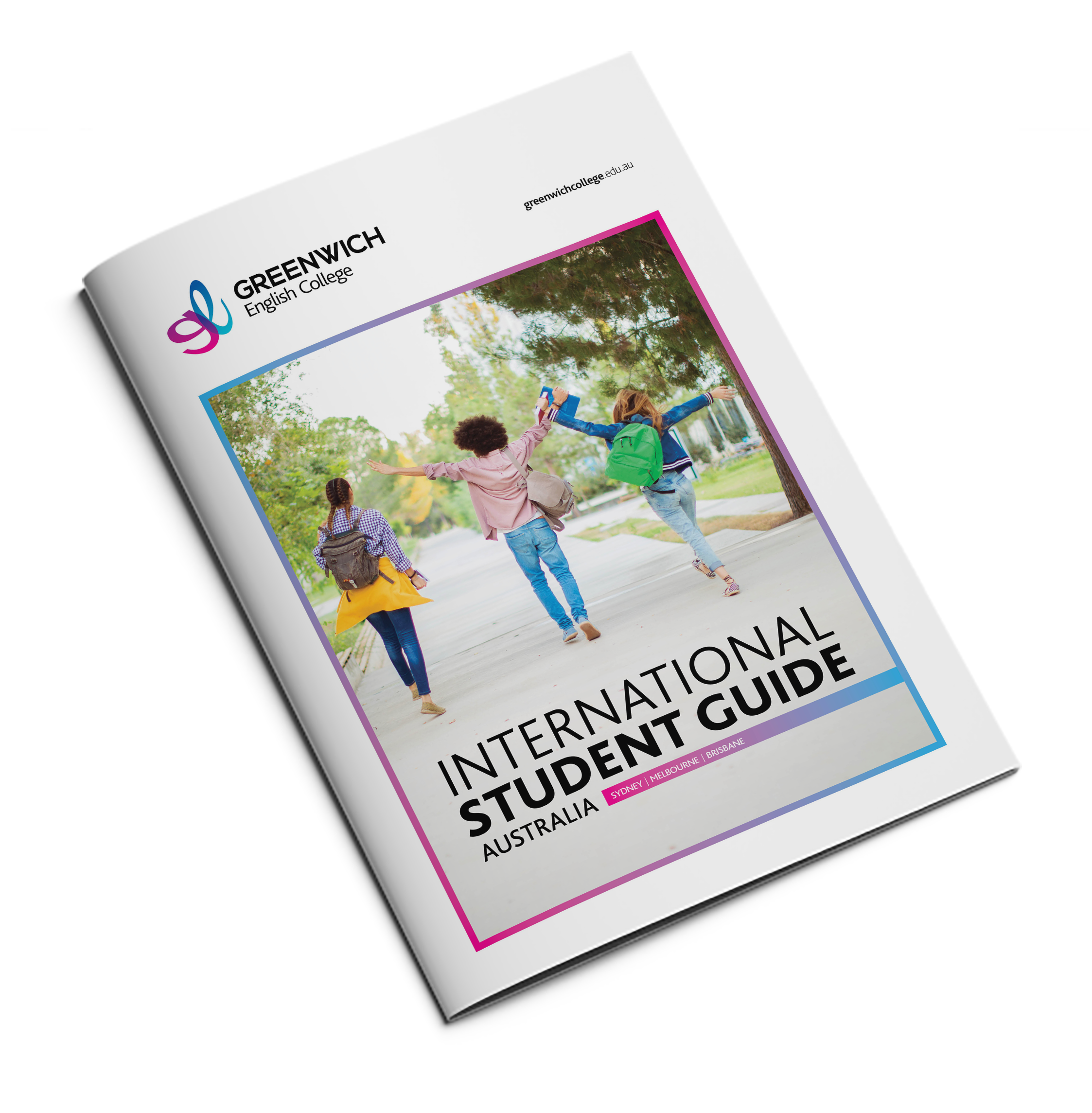.jpg?width=1903&height=644&name=IMG_4106%20(1).jpg)
Latest News

How to Learn English
Learning English, or any language, is a lifelong challenge. It’s not the same as studying for a test, where you stay up all night an try to memorise as much information as possible and then forget it the minute you walk out of the exam.
Learning a language is a skill, like driving a car. You have to practice a lot. Unlike a car, you never stop learning a language.

Repeat
You can’t learn something by seeing it once. You need to repeat it several times or many times. This is not the same as memorising. For example, when you learn a new word, you can:
- Day 1 - Find the meaning, spelling, collocation (words that go with it), form (noun, verb), pronunciation. Write it in an example sentence.
- Day 2 – Look at the word again. What can you remember about it? What does it mean? Can you write it in a sentence? Can you use it in conversation?
- Day 3 – the same as Day 2, until you don’t have to remember what it means. You know it.
This might take three or four days. Don’t try to learn too many words every day! 5 0r 6 useful words is enough.
Notice
This is the best way to learn from your own mistakes. If you read or hear a native speaker use words in a different way to you, think “Am I wrong? How can I write/say this correctly?” For example, if you always say “I go to my home” but you hear an English speaker say “I’m going home,” maybe you are making a mistake. Ask the person, or look it up online – Google is very helpful.
Learn to notice when native speakers ‘correct’ you. They may not stop you and say ‘That’s wrong’, but they might correct you in a more polite way. If you say to someone, “I’m going to shopping” and they say back “I’m going shopping”, that is correction. It’s not always easy to notice, but it’s very helpful. Repeat what they said “I’m going shopping,” or ask them, “Can’t I say going to shopping?” They will be happy to tell you.
This is the best help a native speaker will give you, so take advantage of it.
Self-correct
This is especially good for writing. When you get work back from a teacher, maybe with lots of red marks, what should you do? Cry? No! Get to work! Don’t just try to correct the mistakes; find out if you have any common mistakes. Mistakes you always make.
It is very difficult to improve if you think “I have a problem with grammar.” Grammar is very big! Which grammar do you always get wrong? For example, do you always forget to use –s on third person singular verbs? (she come). Ok, so you need to revise present simple. It’s much easier to ask a teacher or go online for ‘present simple grammar practice’ than to say “I have a problem with grammar!” Be specific.
Also, when you write, choose something to focus on; for example, past simple, or new vocabulary, or having a subject and a verb in every sentence. It is impossible to focus on everything. Choose one thing. Ask your teacher to focus on it when they mark your work. Then, when the work comes back to you, fix those mistakes only. Don’t worry about the other mistakes, they can wait until next time! This is called “working smart.”
Motivate yourself
Learning a language isn’t easy. It’s even harder if you aren’t motivated. The best way to kill motivation is to force yourself to work long and hard on difficult things you don’t enjoy. Read about a topic you love – yes, celebrity gossip, sport and manga comics are all fine. Reading is really important to improve reading, writing, spelling and vocabulary, so read about anything that is interesting. Listening to music and watching short movies can be good too, if you learn new vocabulary.
Break up long study periods with something you enjoy about the language. Increase your general knowledge and interest in the world by watching TED Talks – they are interesting, and sometimes inspiring. They are also great listening practice. You can watch once, and afterwards make notes on what you understand. Listen again, and follow the transcript. Did you learn anything more? Find a new word, phrase or some interesting grammar? Great!
Be realistic
Learning any skill takes time, patience and motivation. You don’t stop learning a language. Make it fun, make it interesting. Set yourself realistic goals. “Perfect grammar” is not really a goal you can reach, but reading an article on your favourite subject is a realistic goal. Writing a letter in English is a realistic goal. Talking to an English speaker for 5 minutes is a realistic goal.
Be kind to yourself
You will make mistakes. In fact, if you aren’t making mistakes, you aren’t learning anything new. Mistakes are your friends. Hopefully you will lose lots of friends while you learn!
Good luck!
by Gemma Tamock
English for Academic Purposes
 Chinese
Chinese Japanese
Japanese Italian
Italian Korean
Korean Spanish
Spanish Portuguese
Portuguese Thai
Thai Vietnamese
Vietnamese








